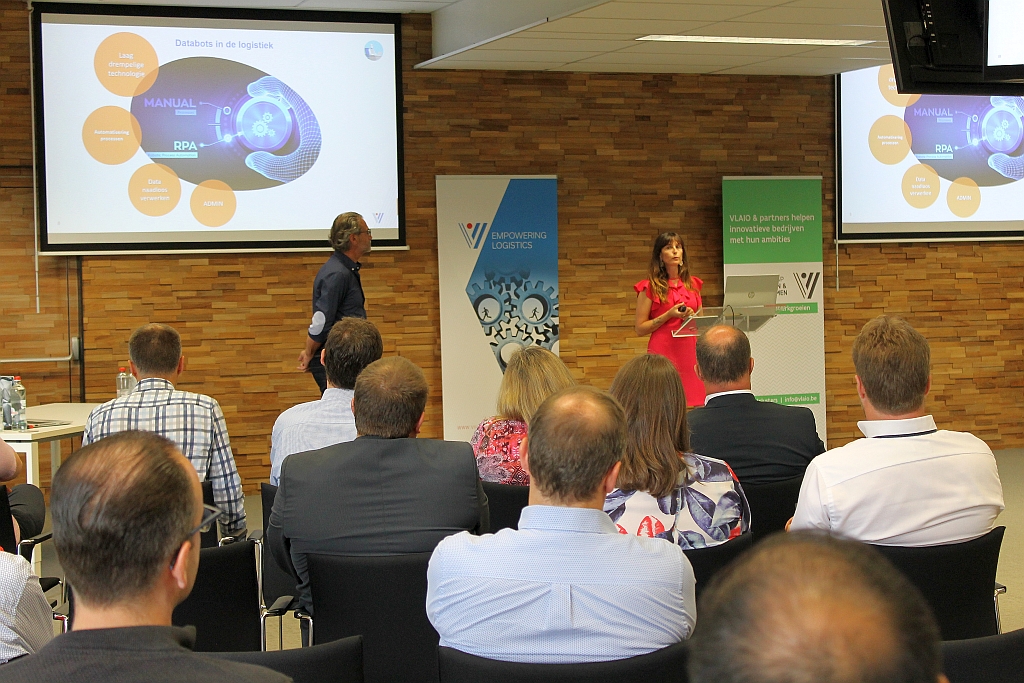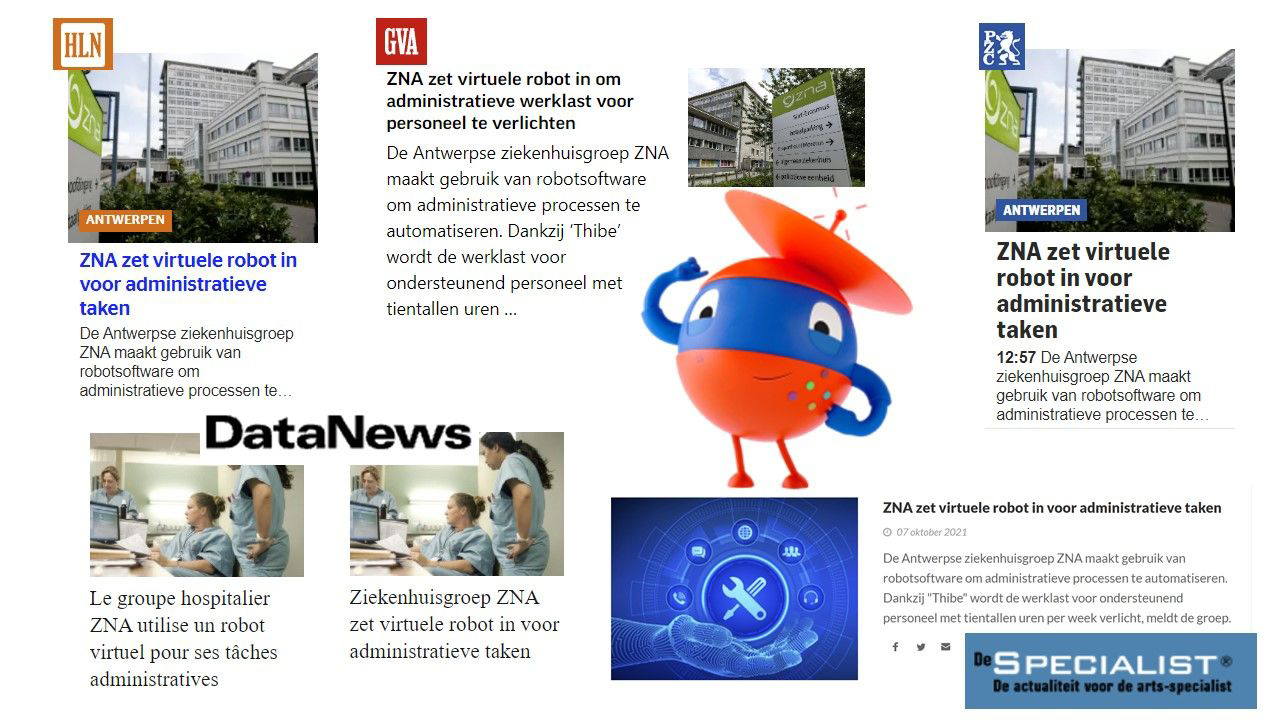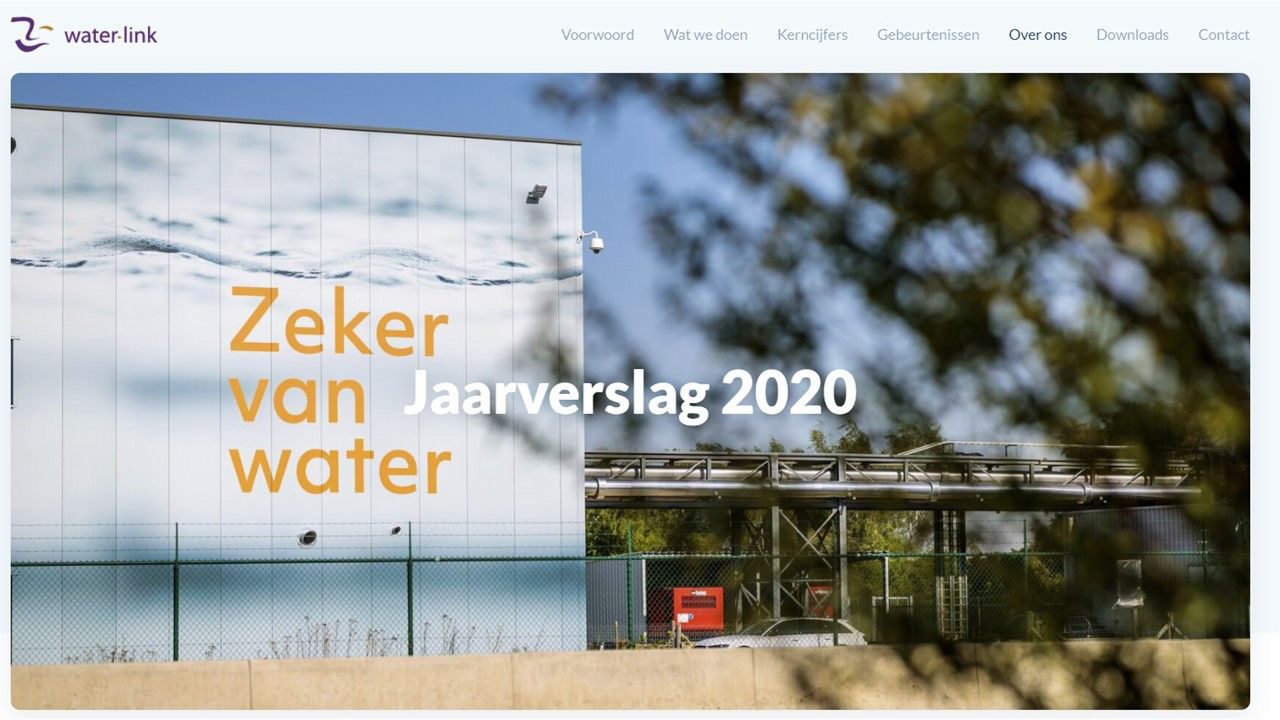The Flanders Innovation Cluster for Logistics (VIL) presented the results of the RPA Databots project on 19 May. Robonext collaborated on this project and implemented a Proof of Concept of RPA at Handico Trucking, a transport company from Lanaken. The order entry process was successfully automated using UiPath RPA technology. “Databots save us up to 80% time in order processing and lead to a lower error rate. In this way, they help our company to optimize our customer service. So we will continue to work on it!”, says Gino Withofs , director at Handico Trucking.
With the RPA Databots project, VIL offers companies, based on Robot Process Automation, an accessible and inexpensive system to achieve a sufficient degree of automation in these administrative processes in a short period of time.
Databots are virtual colleagues. They fill in documents and files independently and take over repetitive tasks from employees. In this way, those employees can be deployed more efficiently. The technology is evolving quickly, is relatively cheap and does not require complex adjustments to the IT systems. Small and medium-sized companies can therefore also use these data bots.
During the project, a Request for Proposal (RFP) was launched among RPA integrators to demonstrate the value of RPA for logistics in a pilot project. After a careful comparison, Robonext was chosen as a partner to implement the order processing process at Handico Trucking .
Order processing is a common application of RPA, and it emerged from a survey of logistics companies as the priority process for automation with RPA. Together with Handico Trucking , the robonext project team went through a complete implementation process of RPA, from kick-off to hypercare. Within a few weeks, a robot was developed, tested and put into production that is able to fully process orders that come in via email as PDF in TAS TMS.
The potential for RPA in the logistics sector is immense, according to VIL. “RPA increases productivity, service quality and staff capacity by 35-50%. This provides immediate cost savings of 25 – 50% by automating tasks at a fraction of the human equivalent,” says Sophie Delannoy, project leader at VIL. “We are therefore launching a call to action to the logistics companies to get started with this”.






